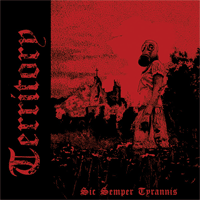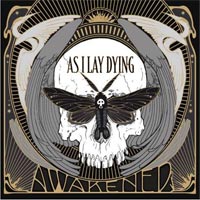Larry Lessig interview on “Remix Culture”
Intro:
What do you get when you mix P2P, inexpensive digital input devices, open source software, easy editing tools, and reasonably affordable bandwidth? Potentially, you get what Lawrence Lessig calls remix culture: a rich, diverse outpouring of creativity based on creativity. This is not a certain future, however. Peer-to-peer is on the verge of being effectively outlawed. Continuation of the current copyright regime would mean that vast quantities of creative content will be forever locked away from remix artists. Read the entire article here…
Here’s a great snippet from the interview:
Koman: When we spoke a couple of years ago, you talked a lot about how things like DRM technologies allow copyright holders to expand their effective rights to limit use of content, even though legally those rights have not been ceded to copyright holders. How does that look to you now?
Lessig: That problem hasn’t changed, and I think it’s in fact gotten more urgent because there seems to be a settlement that’s been struck in this battle, a settlement that we’re going to have very strong DRM and very liberal fair use. But by “”fair use,”" what people mean is the right to make free copies so long as you use them within your home. Now I don’t think that’s the most important part of what fair use is–that kind of fair use is exactly not the kind that remix culture needs.
When this settlement gets implemented through technology, what that means is that the technology will have erased the opportunity to use this content in the remix way and therefore destroy the opportunity to explode the potential of this technology to change the way people communicate and spread their communication.
I’m constantly seeking ways to express this in metaphors, and one that struck me recently was, imagine a group of butchers who’ve spent their lives dealing with cut-up meat. That’s the way they understand how to make money, to cut up meat and sell it in the most efficient way. And then they come across a racehorse and, of course, their first intuition is, here’s a valuable resource–we’ll cut it up and sell it in bits. But all of us recognize that the racehorse is more valuable without being ground into this system of butchery if it gets to be used in this different way.
And that’s the way I think we should think about our culture. Their conception of how to make money off the culture is to cut it up and sell it like pieces of dead meat. And that’s of course valuable for butchers, but it’s not clear it’s valuable for society. If all content is locked in these little separate containers and you have to seek permission to do anything with it, then a huge potential, both economic and social, will have been lost.



